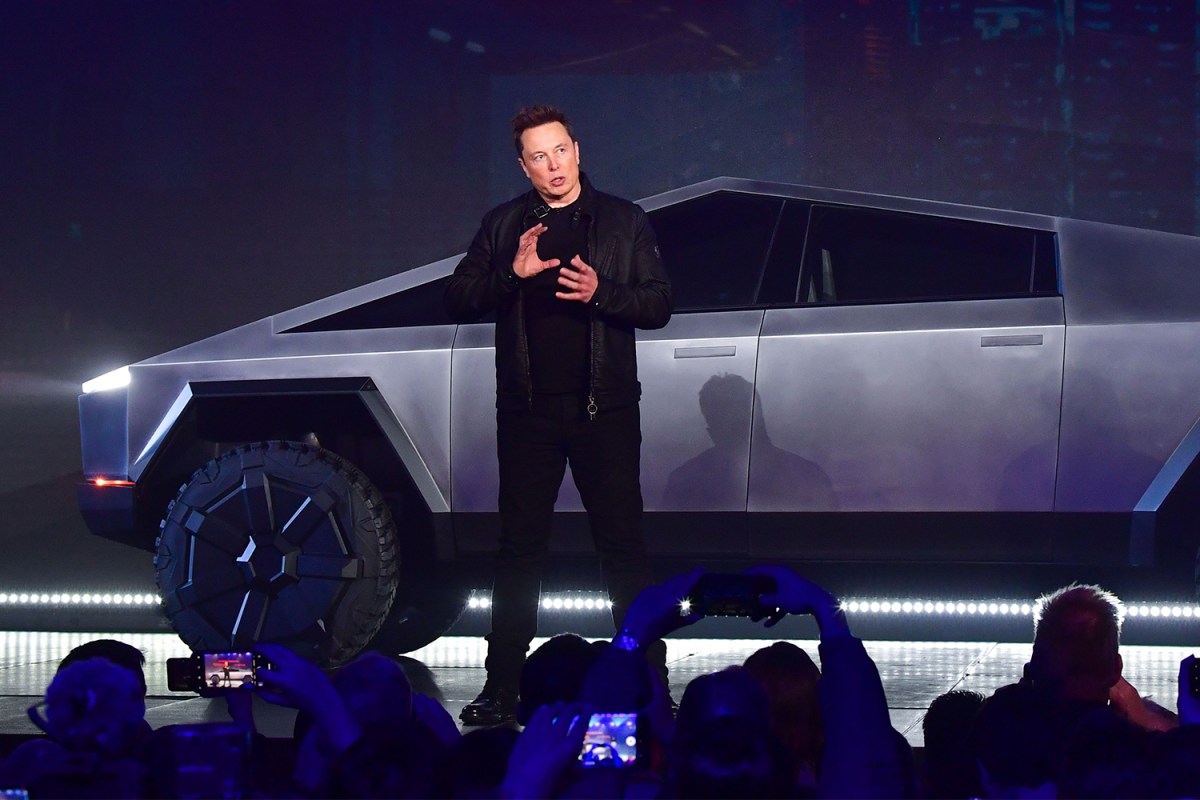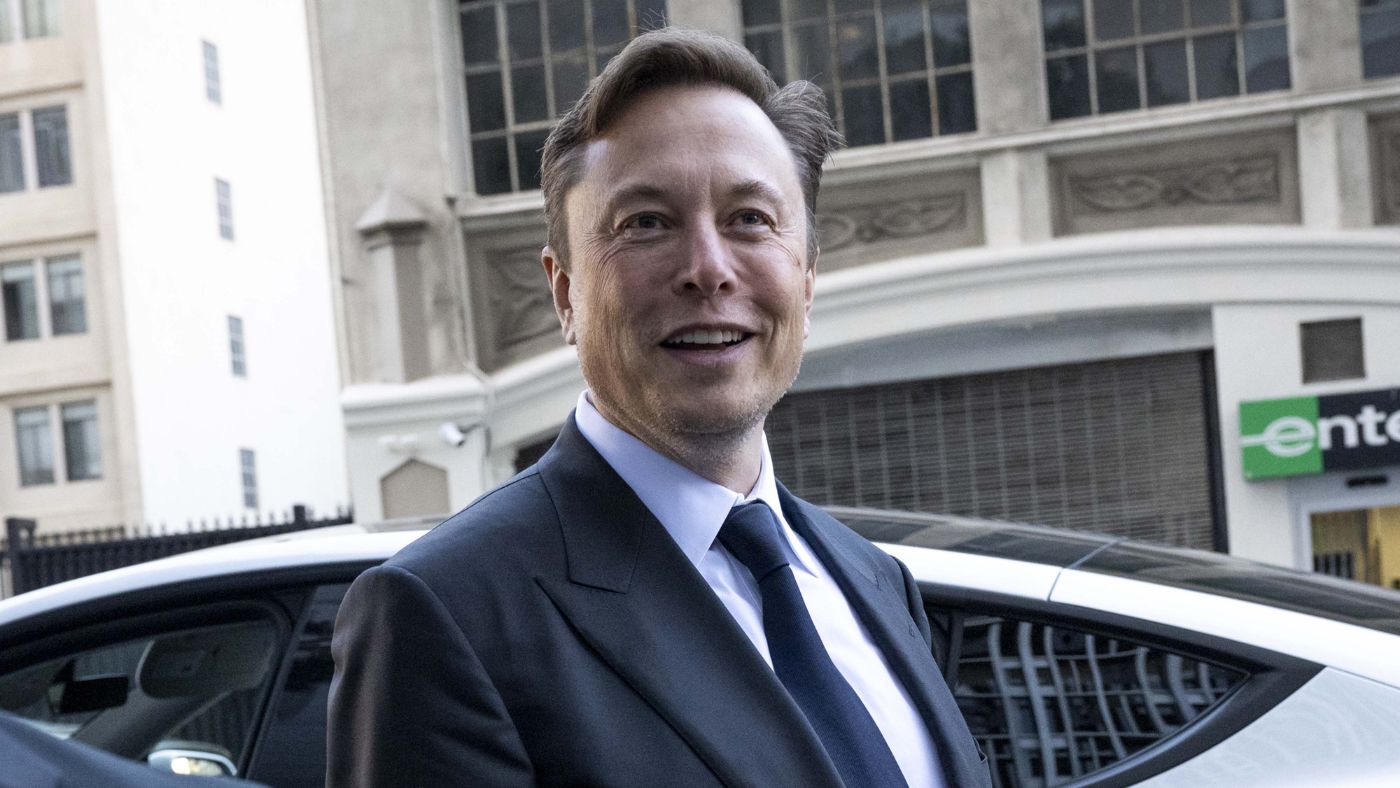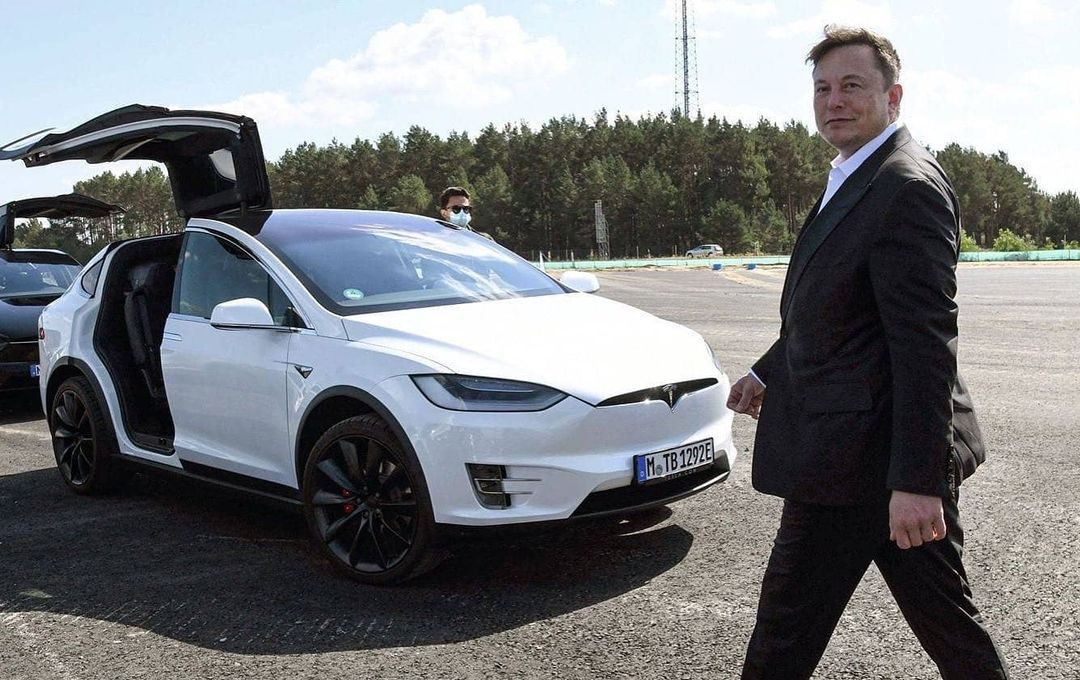
Tesla, once celebrated as a shining star in the electric vehicle industry and championed as a beacon of innovation, has seen its reputation plunge to historic depths, according to the latest Axios Harris annual reputation poll. The American public now views Tesla far more negatively than even companies notorious for their scandals and environmental disasters.
Shockingly, Tesla ranks below UnitedHealth Group, a health insurer plagued by allegations of putting profits over patient care, and BP, the U.K.-based oil giant responsible for the catastrophic Deepwater Horizon oil spill.
This dramatic fall from grace reflects mounting evidence that Elon Musk, the charismatic yet controversial entrepreneur hailed as the most influential innovator of his generation, is doing serious harm to the image of his flagship companies. Once a symbol of cutting-edge technology and environmental progress, Tesla is now nearly at the bottom of America’s most visible company reputations, sliding from eighth place in 2021 to a staggering 95th out of 100.
The Axios Harris poll measures reputation across nine key criteria, including trust, ethics, citizenship, character, and product quality. Tesla’s poor showing is stark: while it still scores relatively well on products and services, it ranks 98th in trust and ethics, 99th in citizenship, and dead last in character.
Its reputation collapse is not isolated; Musk’s other enterprises have also suffered—SpaceX ranks 86th, and X (formerly Twitter) languishes near the bottom at 98th place.
Experts attribute much of Tesla’s reputation nosedive to Musk’s increasingly divisive political involvement. Since his high-profile $44 billion acquisition of Twitter, Musk has thrust himself into America’s most heated partisan battles, alienating large swaths of the population.
CNN’s chief data analyst Harry Enten described Musk as “political kryptonite,” highlighting the Tesla CEO’s steep drop in net favorability.
Musk’s public statements have been polarizing, to say the least. He infamously labeled Social Security a “huge Ponzi scheme,” led aggressive online campaigns attacking the judiciary, and pledged to financially back primary challengers against Republican politicians who oppose President Donald Trump.
His support has even extended internationally to Europe’s far-right parties like Germany’s AfD, and figures such as Tommy Robinson, who many consider too radical even for right-wing populists.
One particularly controversial episode was Musk’s “stiff-armed salute” at Trump’s inauguration, which drew comparisons to fascist salutes from 1930s Europe. Musk dismissed the backlash, claiming the gesture was commonplace among public speakers and expressing surprise at the criticism.
While Musk’s political antics have tarnished his personal brand and all his companies to some extent, Tesla’s reputation collapse is more pronounced than that of SpaceX or X. Analysts suggest additional factors unique to Tesla are driving the decline.
One key issue is Tesla’s aging product line. The bulk of Tesla vehicles on the road today are between five and twelve years old, leaving them looking dated against a new generation of electric vehicles from competitors. Tesla’s most recent model, the Cybertruck, has faced harsh criticism. Its polarizing angular design has divided customers and critics alike.
Engineering problems, including eight recalls flagged by the National Highway Traffic Safety Administration (NHTSA), have further undermined consumer confidence. Reviewers have raised serious safety concerns about the Cybertruck’s cast aluminum frame, especially under towing stress, prompting some industry watchers to warn of catastrophic mechanical failure risks.
Notably, the Cybertruck’s sales have already been eclipsed this year by Ford’s F-150 Lightning, a more conventional and reliable pickup EV.
Tesla’s leadership has pushed back against claims that the company is losing demand due to Musk’s behavior. Instead, Musk has blamed a broader macroeconomic uncertainty and a necessary update cycle for Tesla’s bestselling Model Y as primary reasons for any sales slowdown.
However, such explanations do little to assuage investors and customers worried about Tesla’s future.
The Axios Harris reputation survey, established in 1999, employs a three-step process involving thousands of respondents to assess public opinion on America’s most visible companies. This year’s polling, conducted from January 22 to May 16, highlights an unmistakable erosion in Tesla’s trustworthiness and ethical standing.
Despite producing admired products and services, Tesla now struggles with a tainted image that suggests deep concerns over its corporate citizenship and moral compass.
For a company built on the promise of revolutionizing transportation and reducing the environmental footprint, this reputational freefall is alarming. Being rated lower than BP, an oil company synonymous with one of the worst environmental disasters in history, and UnitedHealth Group, long criticized for questionable healthcare practices, underscores the severity of Tesla’s predicament.
The reputation troubles of Tesla, SpaceX, and X share a common root in Musk’s personal brand. His provocative statements, public behavior, and increasingly polarizing politics seem to alienate broad segments of the public. This reputational damage raises serious questions about the long-term health of Musk’s empire.
SpaceX, though ranked higher than Tesla, has not escaped unscathed. Its 86th place ranking suggests some damage but less severe, likely due to its less frequent direct consumer engagement and more visionary association with space exploration.
X (formerly Twitter), the social media platform Musk acquired, finds itself near the bottom, reflecting the contentious atmosphere that followed Musk’s takeover and operational changes.
Tesla’s plunge in reputation is more than just a public relations headache; it may have profound financial implications. Consumer trust and corporate ethics increasingly factor into investment decisions as Environmental, Social, and Governance (ESG) considerations gain prominence. A tarnished reputation could lead to reduced customer loyalty, difficulties attracting talent, and increased regulatory scrutiny.
Already, Tesla faces stiffer competition in the EV market as legacy automakers like Ford, General Motors, and Volkswagen ramp up their electric offerings with vehicles that combine fresh designs, proven engineering, and growing consumer appeal.
If Tesla cannot arrest the slide in public perception, it risks not only lost sales but also diminished market valuation, as investors seek companies with sustainable growth and stable reputations.
Tesla’s fall from grace in the eyes of the American public is a cautionary tale of how corporate reputation can quickly unravel when linked to a polarizing leader’s conduct and product challenges. Despite Tesla’s groundbreaking achievements in electric vehicles, its standing has eroded to a level below companies infamous for scandals and disasters.
For Elon Musk, the path forward demands a delicate balance between innovation, political engagement, and restoring public trust. Without decisive action, Tesla’s reputation—and perhaps its future as a market leader—may remain in jeopardy.





-1747889572-q80.webp)
-1742653910-q80.webp)
-1747623652-q80.webp)
